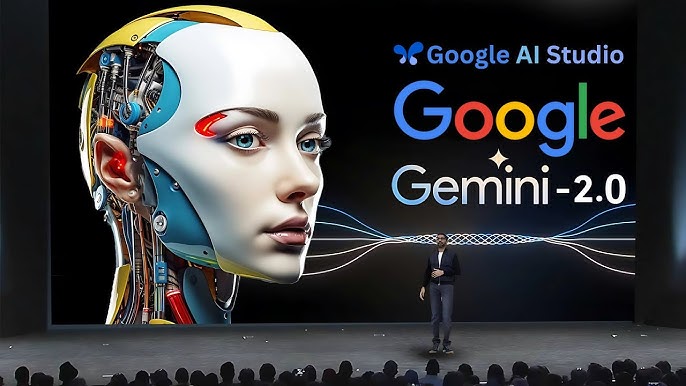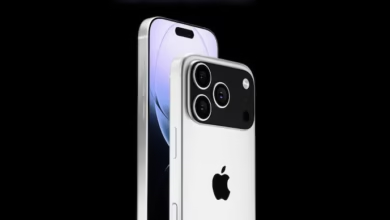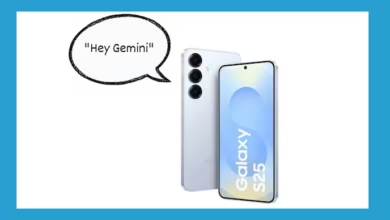Gemini AI To Roll Out on Google Watches, Tablets, and Cars – All the Details Here
Google CEO Sundar Pichai confirms Gemini AI will soon enable tablets, cars, headphones, and smartwatches, bringing questions about release timelines, device capabilities, and data privacy to the fore

San Francisco:
In an aggressive bid to grow its artificial intelligence ecosystem, Google announced that its next-generation AI model, Gemini, will quickly be available on a broader set of devices, such as smartwatches, tablets, and automobiles. The news, shared by Alphabet CEO Sundar Pichai on the company’s Q1 earnings call, represents a key move in the company’s continued efforts to embed AI more deeply into its immense portfolio of products.
Google has already implemented Gemini across a range of its platforms, including Google Photos and Gmail, and unveiled plans to migrate Google Assistant to an AI-powered voice assistant before the end of this year. But this latest announcement goes further as the tech giant extends its AI muscle into wearable technology and connected devices.
“Later this year, we’ll upgrade tablets, cars, and devices that connect to your phone, such as headphones and watches,” Pichai confirmed. Although Google’s Wear OS, which powers devices like the Samsung Galaxy Watch and OnePlus Watch, has often been criticized for lacking advanced features, it remains the preferred choice for many premium smartwatches.
The integration of Gemini into smartwatches raises some intriguing questions, particularly concerning timing and functionality. While Pichai’s statement hinted at a launch “later this year,” it remains unclear whether this rollout will be revealed at the highly anticipated Google I/O conference in May or during a new Pixel Watch launch later in the year.
Another issue that has been raised is the capability of smartwatches, with their limited processing and storage capacity, to efficiently execute the complex tasks needed by an AI assistant such as Gemini. With its advanced AI features, Gemini may struggle to cope with the limitations of wearable technology.

Besides that, there are issues of privacy related to health information. With Google incorporating Gemini in smartwatches, consumers can feel apprehensive about making their medical data available to an AI assistant, which might be utilized for additional training or tweaking of the AI model.
Today, Gemini on Android provides users with a variety of large language models, ranging from the 2.0 Flash to the more experimental 2.5 Pro and 2.5 Flash models. The future shift to smartwatches and other devices could introduce a new degree of sophistication in AI integration, but the nature of the upgrade is yet to be determined.
As Google continues to innovate on AI technology, bringing Gemini into our daily devices may revolutionize the way we use technology — if the company is able to overcome the technical and privacy challenges that are ahead.






